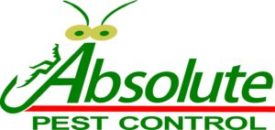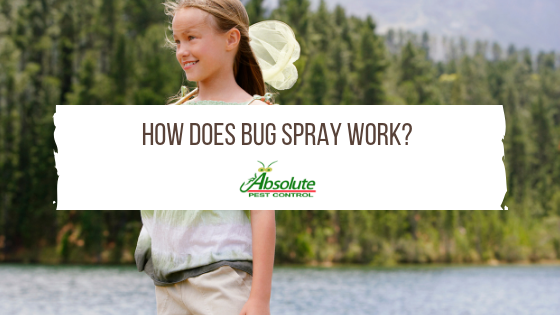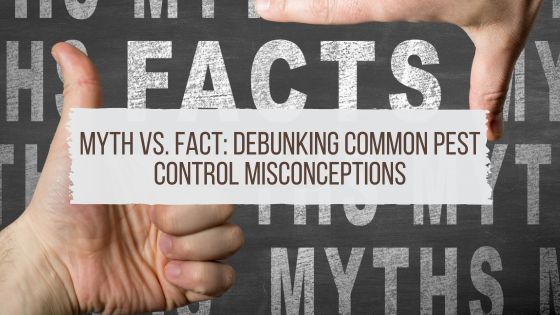If you’re going to enjoy spending time outside this summer, you’re going to need bug spray. Without it, a camping trip, picnic, or even a walk through the park becomes a “biting” Mosquito filled experience. What makes it so effective?
Most people just use the spray and think nothing about what it really made from. What’s it made of? How does it work? Is there a way to make it more effective? If you know how bug spray works, you’ll be able to protect yourself that much better. Here’s what we think you should know about what bug spray is, why to use it, and how to use it correctly.
HOW DOES BUG SPRAY REALLY WORK?
Most bug sprays you apply to your body are technically insect “repellents,” not insecticides. However, what that means is that the bug spray doesn’t kill bugs. The main goal of that spray is to keep them away from you. Most bug sprays accomplish this by disguising your scent.
Your body naturally produces carbon dioxide. Mosquitoes and other insects sense and track carbon dioxide from animals to find food. The chemicals in bug spray cover up the scent or smell of carbon dioxide. This blocks your smell from hunting insects. Most bug sprays smell repulsive and cover your scent to people and bugs. This deters them from biting you.
WHAT’S BUG SPRAY MADE OF?
Bug sprays consist of a concentrated dose of their active ingredient. However it’s the active ingredient in the bug spray is the chemical that masks carbon dioxide’s scent and deters insects. However, there are a number of chemicals commonly used as the active ingredient.
- DEET is the most common active ingredient in bug spray. It’s a colorless, water-resistant synthetic chemical.
- Citronella oil extracted from the leaves and stems of various Cymbopogon (lemongrass) plants.
- Picaridin is a synthetic chemical ingredient. The chemicals resemble the natural compound piperine, which is found in plants that produce black pepper.
- Oil derived from the leaves of eucalyptus trees.
Some bug sprays may use random ingredients not evaluated by the EPA. Some of these ingredients are called minimum risk pesticides. Therefore some chemicals are “proven” to be safe but have not been confirmed to be effective. We prefer the use of Picaridin as the active ingredient over DEET and other natural repellents.
HOW DO YOU USE BUG SPRAY PROPERLY AND SAFELY?
Absolute Pest Control recommends only using approved sprays. First, follow the directions on the can/bottle. Second, only use as directed. Never use more repellent than is recommended. Lastly, apply the spray to skin that’s exposed and over clothing is just as effective and minimizes your exposure to chemicals.
Don’t apply the spray to the face, eyes, hands, ears, inner ear, or mouth. Avoid spraying on any wounds or damaged skin. First, apply bug spray only when you’re outdoors. In addition, don’t breathe the spray when you are applying it. Above all, wash off bug spray when you’re done outside.
In conclusion, don’t use bug spray in abundance.
CONTACT US
If you have bugs, bugging you, call us to help make your yard fun again.
Absolute Pest Control is dedicated to making your home safe. If you have a question about pests or any other pest problem, please call us at 615-220-1933 or click HERE to email us. We service most of Middle Tennessee including Smyrna, Murfreesboro, and LaVergne.




